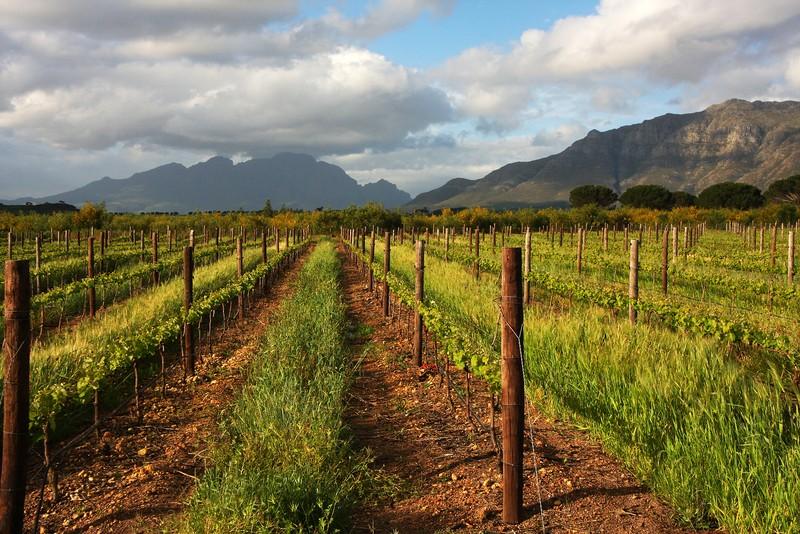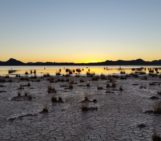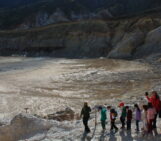In 2008 UNESCO launched the Earth Science Education Initiative in Africa in response to a call from African governments to aid them in closing the ever widening gap between their need to further exploit the continent’s natural resources and their skills and research facilities. Reacting to this call, UNESCO first set up a series of scoping workshops across the continent to understand African capacities and needs. The workshops focussed on educational structure in the geosciences, research facilities and relationships with industry in order to identify an appropriate role for UNESCO. The result was a clear need for stronger action at the root of the problem: education.
A proper understanding of the Earth sciences is essential for sustainable development across the world, with research applications ranging from atmospheric to agricultural sciences and knowledge of the deep Earth. And yet, the scoping study found that Earth sciences are underappreciated as an essential part of development by governments, policymakers and development organisations across the world. In response, UNESCO identified the need to expand their reach through both formally and informally educating about the geosciences across Africa, and the need to go beyond the traditional topics covered in geoscience disciplines and focus on the multidisciplinary ‘real life’ applications.

Ensuring sustainable development involves understanding tectonic geological processes, the climate, surface of the Earth and the multiple interactions between them. (Credit: Joyce Schmatz)
UNESCO’s scoping workshops found that the geosciences are only introduced into African education schemes at university level, which automatically lowers the numbers of students who enrol in these subjects due to lack of exposure. It also may be a result of this that African geoscientists are so isolated in their fields, with little contact or collaboration between research facilities, which themselves are commonly under equipped and few and far between. In a complementary study undertaken by UNESCO in 2011 it was found that many articles published in African journals were written by geoscientists in only 10 countries, with fewer authors per article than those published across the world. The study confirmed that there needed to be a strengthening of geoscience education at university level, and more done to ensure there is more collaboration between geoscientists across the continent.
The final, major issue identified by UNESCO in their scoping study, causing a lack of geoscientific expertise in sustainable development efforts was the shortage of strong connections between universities and industry. Without these crucial relationships, the students who do graduate from universities with outstanding degrees in geoscience do not necessarily make it into the roles that can make an impact on sustainable development. This issue is serious enough that industries have begun to build their own schools to train employees, or employ people from outside of Africa, meaning they lose the important local knowledge needed for development.
By Jane Robb, EGU Educational Fellow
In collaboration with UNESCO and ESA, the EGU are running the first Geosciences Information For Teachers (GIFT) workshop in Africa in February. You can find out more about the workshop on the EGU website. Secondary-school science teachers can apply to participate in the South African GIFT workshop by filling in an online form or sending their application materials to sa-loc@egu.eu by January 24. The application information is available for download in PDF format, a document which also includes further details about the UNESCO-EGU-ESA GIFT workshops.





yvonne Chasukwa Mwalwenje
A good development for Africa…